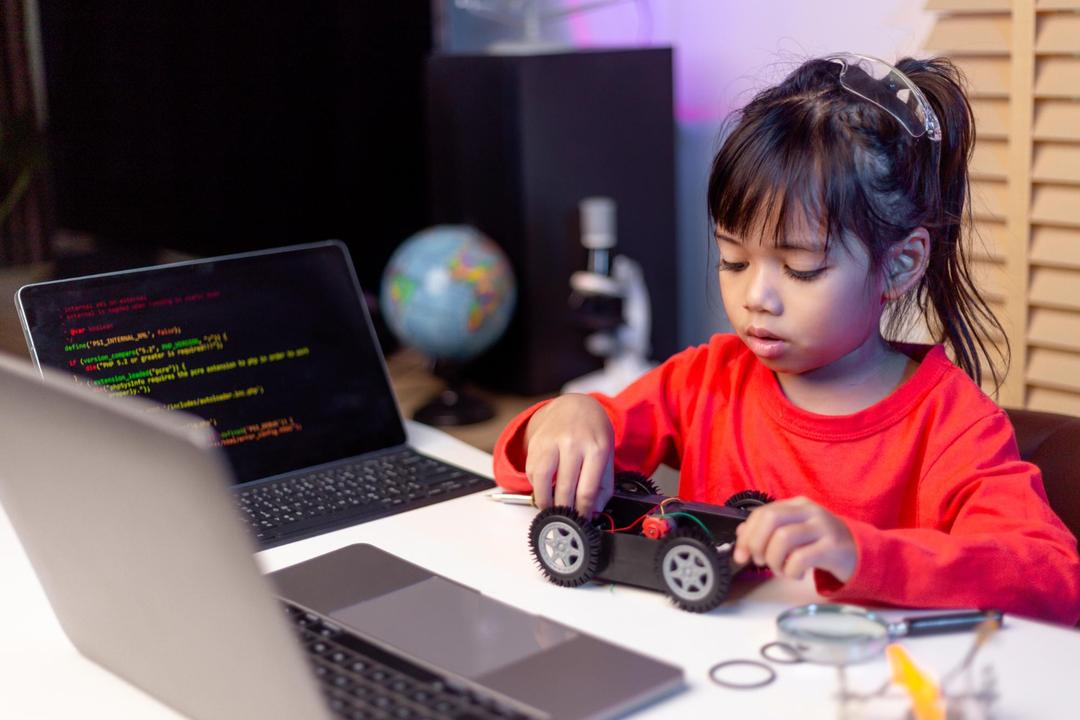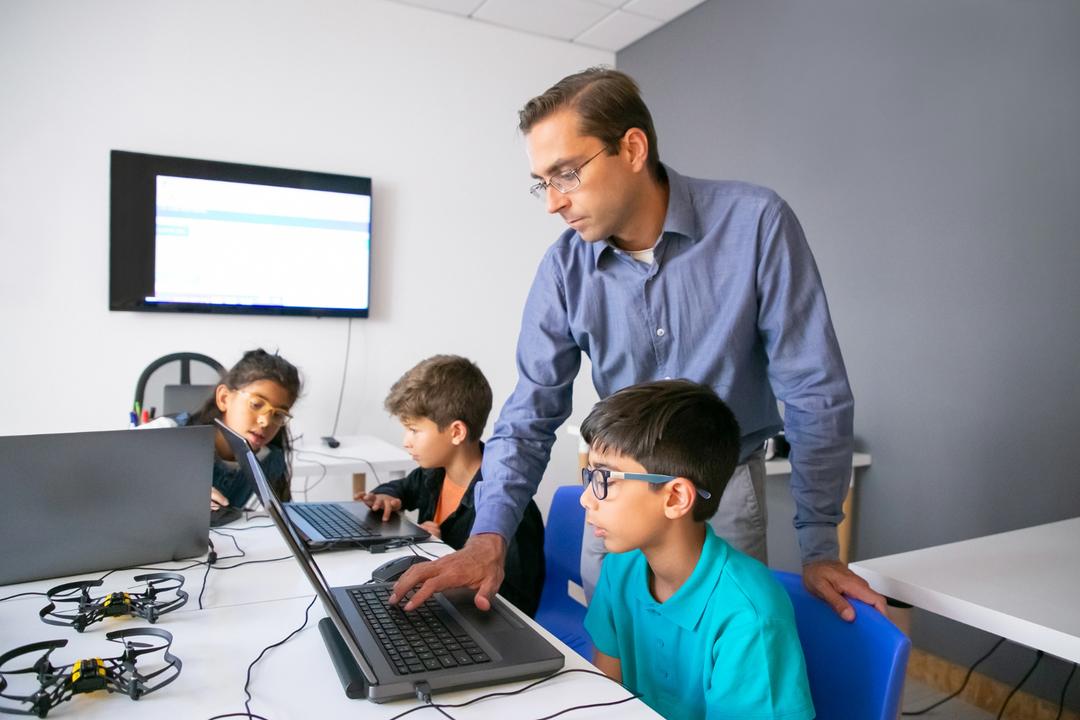Artificial intelligence is transforming industries worldwide, and education is no exception. AI has immense potential to transform educational systems, enhancing learning, teaching, and evaluation processes.
How AI is Changing the Education Around the World?
AI-powered platforms collect data on student performance to create personalised learning paths. This ensures each student faces appropriate challenges and receives support tailored to their needs and pace. AI-driven coaches can offer real-time feedback, explanations, and practice exercises, providing personalised mentorship beyond the classroom.
AI enhances accessibility in education by offering tools like speech-to-text and text-to-speech technologies for students with disabilities and those from underserved areas. These innovations make quality education more accessible, bridging the digital divide and expanding its reach globally. Improving the Efficiency of Teachers: Empowering Educators
Artificial intelligence can take over all administrative tasks, starting from grading and scheduling to data analysis, so that the teacher is free to student interaction and creative lesson planning.
AI can assist teachers in creating engaging educational materials, such as interactive simulations and personalised quizzes.
Also Read : A Comprehensive Guide for AI Courses for Kids
Gear up to Tackle Ethical Challenges
AI systems must be unbiased to ensure equal educational opportunities for all students, regardless of the scope of their application.
Student data is to be considered a valuable commodity and treated with due care. Effective data privacy safeguards will have to be put in place to protect sensitive information.
AI should complement, not replace, human expertise. Emphasising human interaction and emotional intelligence remains crucial.
Conclusion
AI in education holds great promise for enhancing accessibility and spreading knowledge. However, to fully realise its potential, challenges such as the digital divide, infrastructure, and teacher training must be addressed.







